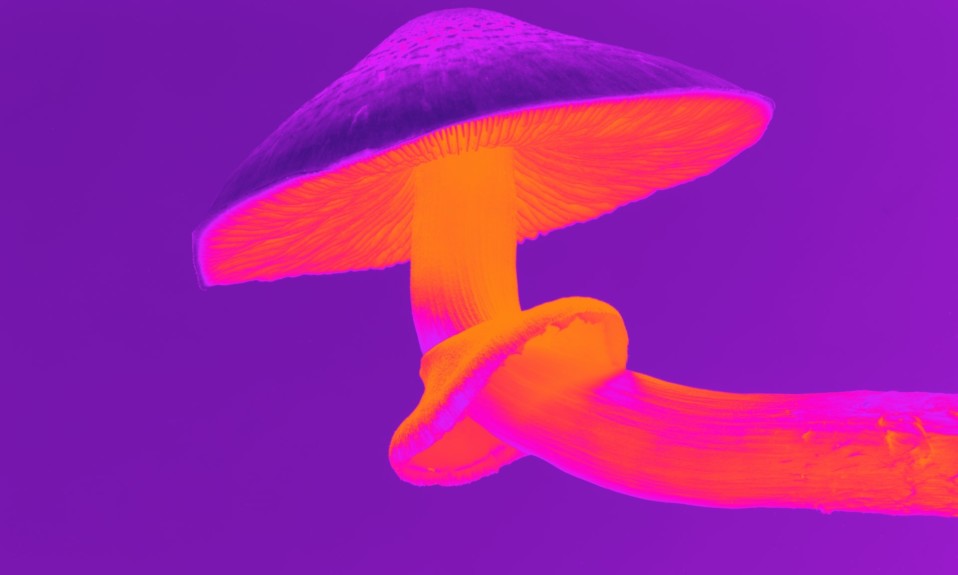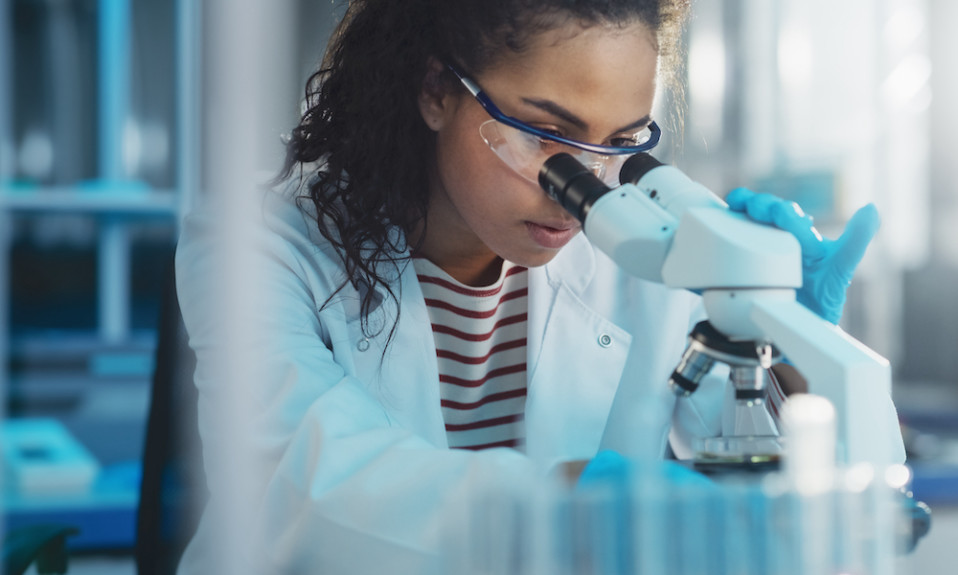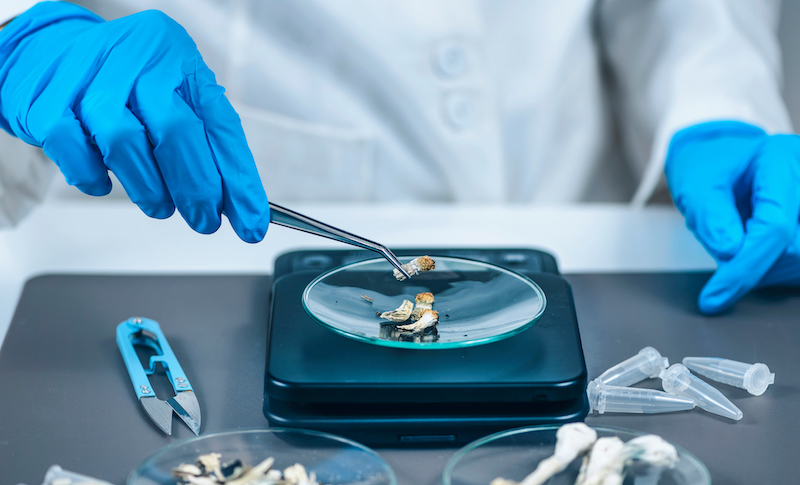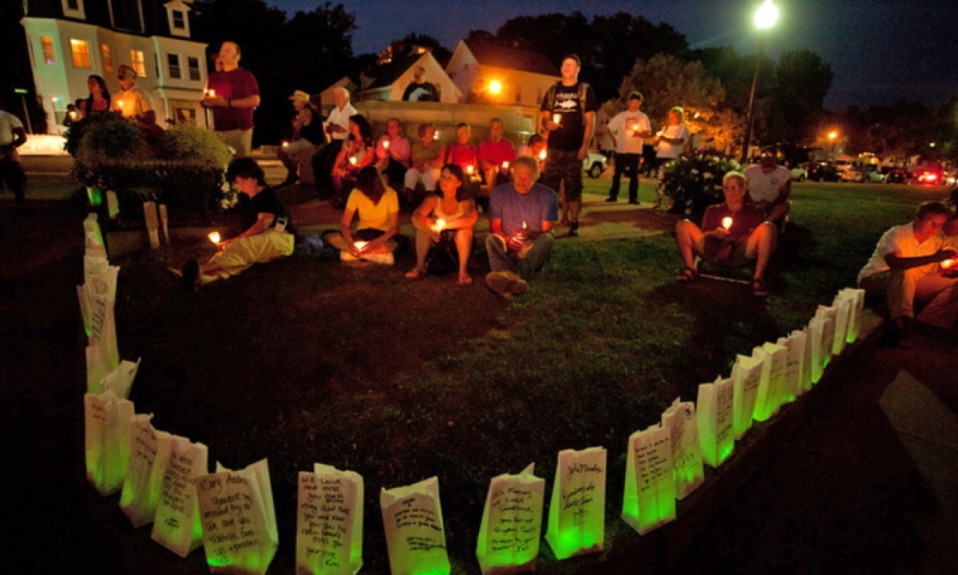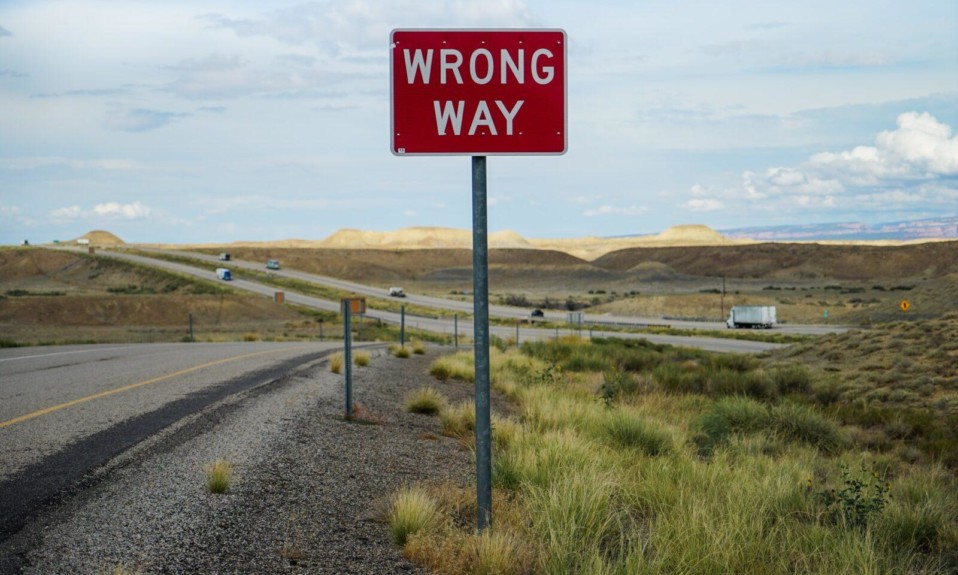More and more people are exploring new ways to heal from addiction
By Veronica L. Holyfield
Abstinence from any mind-altering substances has been the way of 12-step programs, inpatient treatment facilities and sober living houses for decades. For some patients, however, this black-and-white approach winds up being more about white-knuckling than healing. Hence the appeal of “California sober,” a term coined by Michelle Lhooq in a 2019 Vice article.
California sober, or Cali sober, is characterized by the removal of alcohol and some drugs, but not cannabis and/or psychedelics. Since the inception of the movement, folks have adjusted their definitions of California sober to fit their individual needs. Fully autonomous, they reflect on their relationships with substances that are causing them harm while simultaneously weighing the benefits of using other substances.
Earlier this month, it was reported that the Drug Enforcement Administration (DEA) was proposing significant increases in the production of psilocybin, a hallucinogen found in certain mushrooms, for research and clinical trial purposes. The proposal followed research breakthroughs by institutions such as the Heffter Research Institute and Johns Hopkins Medicine on the potential of psilocybin to treat mood disorders and addiction.
Meet Andrew DeAngelo
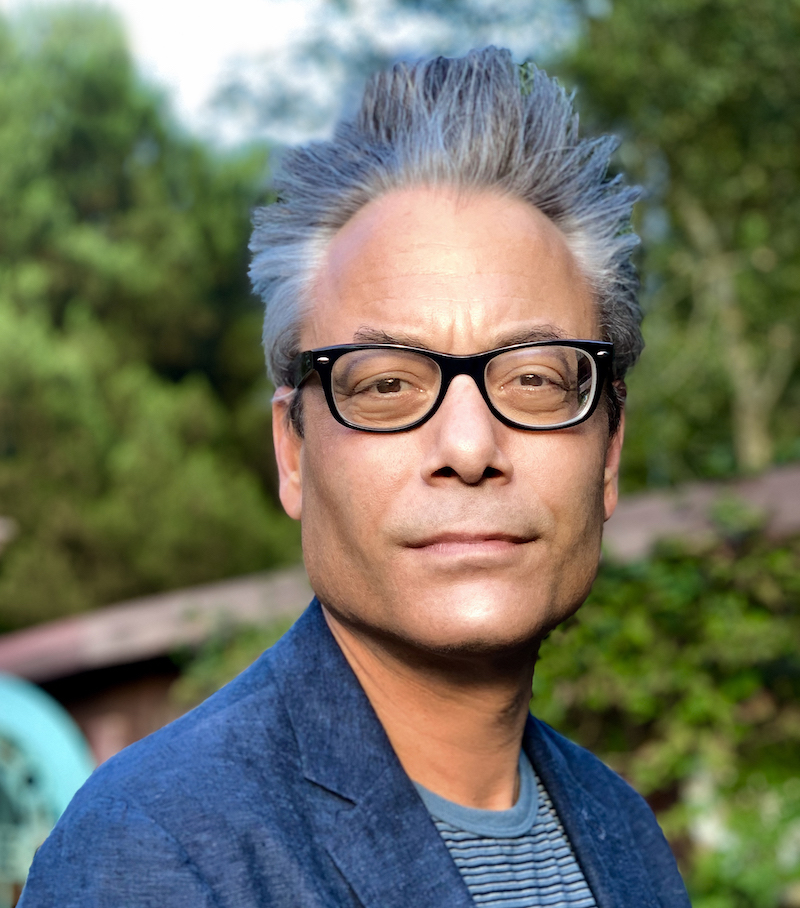
Cannabis is a more established entry into the wellness rotation, based in part on a softening view of the drug that’s reflected in its legalization in a rapidly increasing number of states. One of the best-known figures in the cannabis community is Andrew DeAngelo, co-founder of and an advisor to Harborside, a major cannabis retailer. DeAngelo made his name as an activist working on a variety of voter initiatives to legalize medical and adult-use cannabis.
Currently, DeAngelo is pivoting from activism in cannabis to psychedelics, specifically psilocybin. Identifying himself as Cali sober, he has been abstinent from alcohol for more than six years but has continued his relationship with cannabis to psychedelics as an act of harm reduction. Growing up in a household with alcoholics, he learned early on how the disease of addiction can tear up a family. As a result, he always was more interested in the healing, rather than the recreational, potential of cannabis and psychedelics.
As momentum builds to decriminalize psilocybin, he hopes lessons will be learned from what he views as missteps within the cannabis industry. “Our problem in cannabis is we’ve done a bad job legalizing, and so now it’s not activism but more being an operative,” DeAngelo says. “It’s like, ‘Please, please don’t make the same mistakes we made in the cannabis industry.’ You’re starting to see some of those same mistakes potentially happening in psychedelics with all this exuberance in public markets and so forth. That’s a pretty slippery slope. It’s a big cautionary tale for the psychedelic community.” In other words, he doesn’t want commerce to eclipse the medicinal promise of psilocybin.
Meet Kayte Demont
Kayte Demont (they/them/theirs), a Cali sober, Maine-based artist and social media influencer, has also found simultaneous harm reduction and mental health benefits to incorporating cannabis and psilocybin use into their alcohol-free lifestyle. Demont found themselves among a group of people who were both drinking and smoking weed. For Demont, partaking in a joint felt like the lesser of two evils.
“I would drink to numb out and not deal, whereas when I was smoking, it was just different,” Demont says. “Cannabis provides me a really great balance to my ADHD medications, so I don’t have to feel like I’m popping 18 pills a day; I don’t need to be pumping myself full of pharmaceuticals. If I’m not incorporating it at this point, the spinout comes and the onset is quick. Now I have the opportunity to slow down long enough to get a little bit of traction to figure things out.”
Psilocybin has also been instrumental for Demont in unlocking areas of hurt, pain and trauma. They believe that, with proper education and moderation, psilocybin allows a person to work through valuable lessons, self-soothe, and connect to something that is on a more spiritual plane.

“The California sober movement specifically, I believe, is geared towards people who don’t come from a traditional recovery or addiction program or history,” they say. “I think it’s like that for a lot of people who would never even dream of setting foot in a meeting, and that’s okay. If anything, we’re creating new portals of entry for people who would have been turned off otherwise. It’s all about education and talking about it, making sure that you weigh all your options.”
Demi Lovato’s Influence on California Sober
This past March in an interview on CBS Sunday Morning, singer Demi Lovato (they/them/theirs) brought attention to the California sober movement by saying that they adhere to it. While they were not forthcoming about the exact parameters of their sobriety, their path is congruent with the mindset that the onus is on the individual to dictate the areas of moderation versus abstinence.
“I think we’re in a renaissance right now with cannabis and psychedelics. These plants are coming around again, and there’s a really powerful reason this is happening that goes beyond any one of us,” says DeAngelo. “It’s part of a collective consciousness—perhaps of a collective subconsciousness—and we intuitively know as a species that we need to have these plants, that these mind-expanding plants make us more mindful. Those are the intoxicants I think we’re moving towards.
“I think if we’re able to do that on a large scale in a sustainable way that’s not driven by greed and a race to the bottom, folks might look back 100 years from now and say, ‘Wow, these plants played a really big role in humankind surviving the ecological dilemma it placed itself in.’”
Top image: Christopher Ott; middle photo: Giacobazzi Yanez


